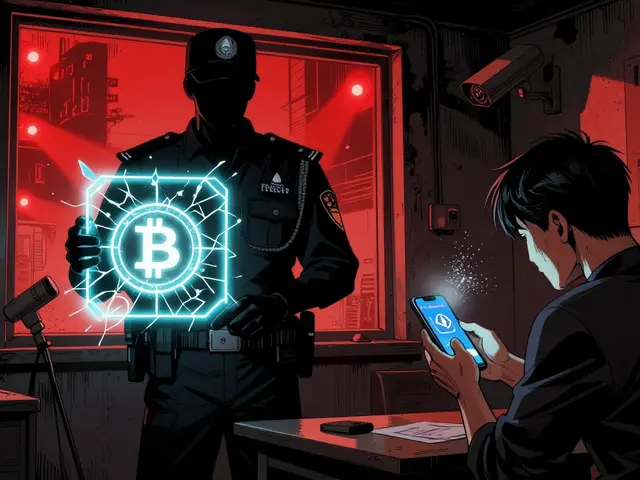Crypto Trade Iran: Rules, Exchanges, and Tips
When dealing with crypto trade Iran, the act of buying, selling, or swapping digital assets while operating under Iranian jurisdiction. Also known as Iranian crypto trading, it sits at the intersection of cryptocurrency regulation, rules set by the Central Bank and the Ministry of ICT, crypto exchanges, platforms that enable fiat‑crypto conversion, and sanctions compliance, adherence to international embargoes. Understanding how these pieces fit together is the first step before you start moving coins.
Key Topics Covered
Iranian traders mostly rely on crypto exchanges, both local services like Nobitex and global venues that accept Iranian users. These platforms differ in fees, KYC intensity, and how they navigate US sanctions. If you prefer a non‑custodial route, decentralized finance (DeFi platforms, smart‑contract based protocols on chains such as Ethereum, BSC, or TRON) let you swap tokens directly from your wallet without touching a centralized order book. However, DeFi brings its own risks – smart‑contract bugs, rug pulls, and limited recourse if something goes wrong. Pairing a hardware wallet with a reputable DEX can mitigate many of those concerns while keeping you compliant with local rules.
Because the regulatory landscape shifts often, staying updated on the latest circulars from the Central Bank and on international sanction adjustments is crucial. Tools like blockchain analytics services help you prove the source of funds if authorities inquire, and they also flag illicit flows before you get caught. Whether you’re a casual investor looking for a safe entry point or a seasoned trader eyeing arbitrage between Iranian and global markets, the articles below break down exchange reviews, airdrop opportunities, and compliance checklists you can act on today.







